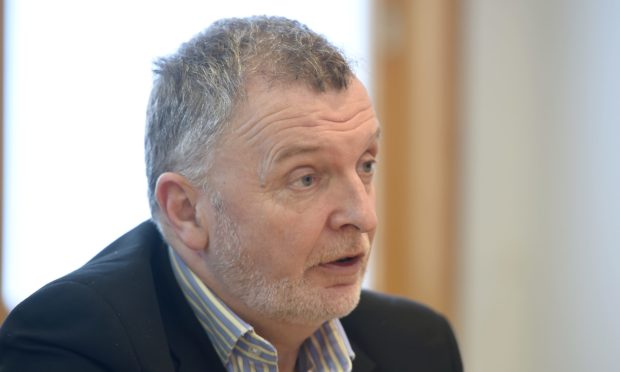Highland Council has established a recovery board to lead the region’s emergence from lock-down create an action plan for council services.
Helping the Highlands live with the ‘new normal’ as the world deals with the aftermath of the pandemic and the financial challenges it has brought has already been described as “the most difficult challenge the council has ever faced”.
Early priorities for the board will include restoring the council governance to normal; how to return the workforce safely; prioritising of services and a focus on budget and resource, in addition to addressing the wider economic situation.
An agile and flexible workforce will be central to recovery, the authority says, and enhanced IT and skills development will be fundamental.
The board will also provide oversight and direction for the council’s various partnerships to support the region’s ‘return to well-being, prosperity and economic success’.
The board will be chaired by the council’s depute leader, councillor Alasdair Christie, and its members will be decided next week, on the basis of political balance.
Mr Christie said: “This is perhaps the most difficult, complex and important challenge the council has ever had to address.
“The extent of the damage caused by coronavirus in Highland will take us a very long time to recover from.
“The board will work with individuals, groups, businesses and partners to ensure we have a dedicated team to take on board views and ideas, as we set about starting this mammoth task.
“The assessment of impact on our staff, on partners and on our communities will also be an important part of what guides us in decision-making.”
The recovery board will present its draft plan and seek ratification at the next meeting of Highland Council, which should take place in June.
Highland economist Tony Mackay said the board’s impact will depend to a very large extent on the quality of the people on the board.
“It’s a good idea in principle,” he said.
“The board’s remit mainly concerns council services, but there are references to the wider community and economy, so it will have to work closely with other bodies such as Highlands and Islands Enterprise and the local chambers of commerce.
“The board is supposed to present a draft plan to the next council meeting in June, so there is very little time to do a good job, particularly given that working restrictions will continue during that period.”
